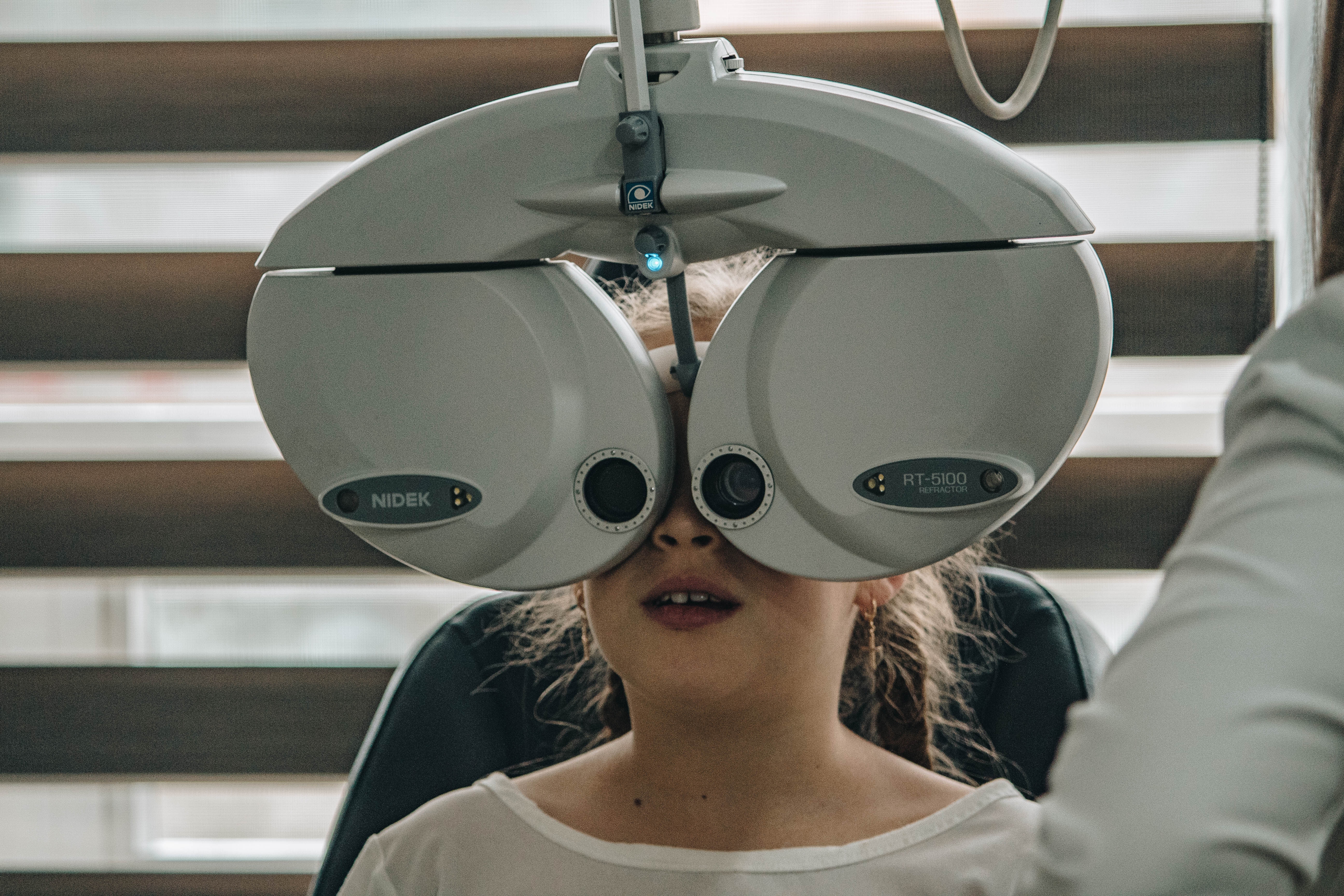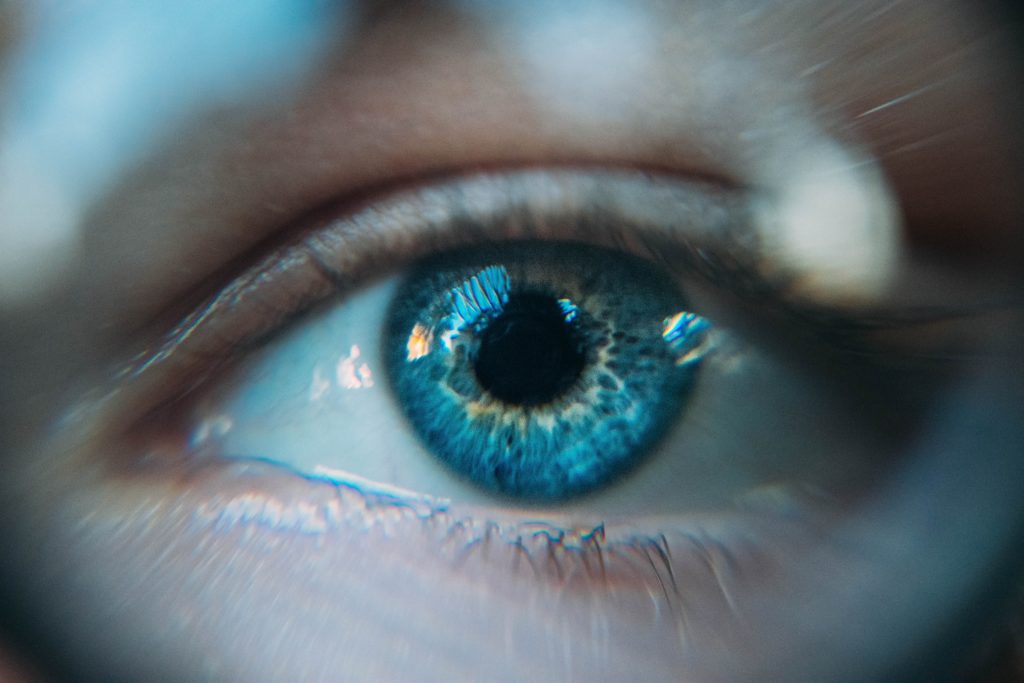When is eye surgery the best and right choice?

Many people around the world struggle to accept the fact that they need surgery for their condition. It’s nothing unusual, to begin with, as it is a normal and natural reaction of many. However, the fear of surgery goes much deeper into one’s core, and it can have adverse effects on one’s wellbeing, especially if they are facing a somewhat complicated surgery.
The critical thing to remember is that modern technology allows us to push through it with minimal side-effects, consequences, and complications. In other words, if you’re one of those individuals who aren’t comfortable with accepting the fact that they need surgery, take a moment and check out some of the reasoning behind it and when it is the right choice for you.

Traditional Eye Surgery
During traditional surgery, a surgeon will make a small incision on the side of your cornea with a scalpel blade. Subsequently, they will insert an instrument behind your pupil through the incision. Then, a circular opening is made in the lens capsule before the surgeon inserts a special probe that emits sound waves to shatter the center of the lens before suctioning the microscopic residue out of your eye.
Once that process is finished, the doctor will implant an intraocular lens to replace the shattered one. Stitches are usually not needed because the side walls of the incision are filled with special liquid and self-sealing compounds.
Some of the benefits of traditional cataract eye surgery include:
- Improved quality of life
- Decreased chances of falls and fractures due to bad vision
- No need to invest in special lenses and glasses

Lasik Eye Surgery
Laser eye surgery is one of the most sought-after because it offers great benefits such as shorter recovery times, no pain, no stitches, and most importantly – a nearly guaranteed 20/20 vision.
Lasik surgery is one of the most popular procedures thanks to its reliability and the fact that it represents a brand-new technology that fixes the same problems as before, but with much less adverse effects.
If you’re not sure whether this is the right option for you, here is a quick overview that should answer some of the most frequent questions people have about LASIK surgery:
- The process does not hurt. You can expect to feel a bit of numbness in your eyes during the process, but that’s due to eye drops instead of it being a consequence of body trauma.
- You can’ go blind; no one has ever gone blind from Lasik eye surgery. This is a myth that isn’t too realistic, but it’s something a lot of people worry about. Needless to say, you shouldn’t worry about going blind because it’s not going to happen.
- Lasik can correct all refractive factors including nearsighted, farsighted, and astigmatism. Contrary to popular belief, it doesn’t correct only one predicament but is instead a versatile process that covers all refractive factors.
On top of that, the results after this particular procedure are noticeable almost immediately. Make sure you find highly qualified experts before you decide to correct your vision and make sure they have the appropriate credentials to do the surgery in the first place.

